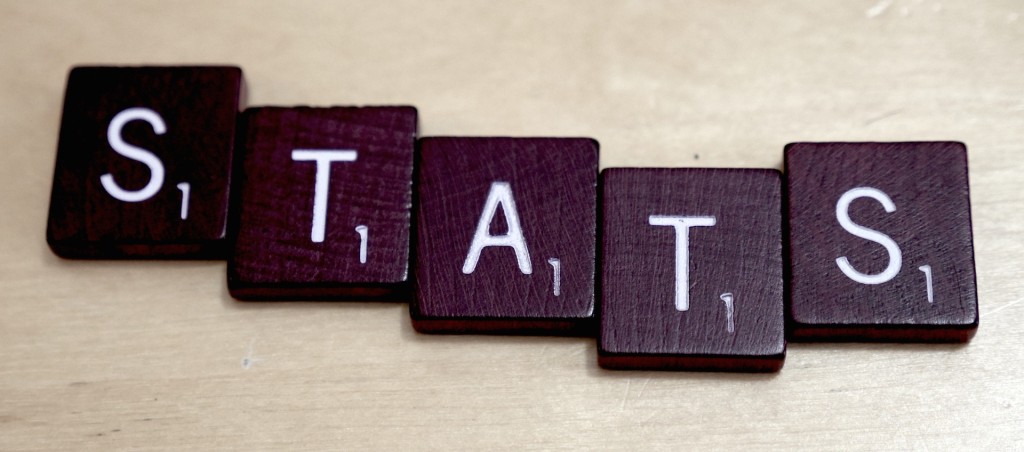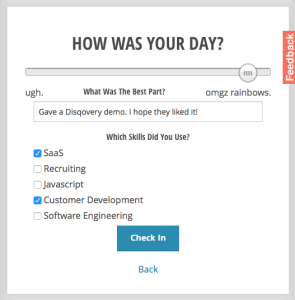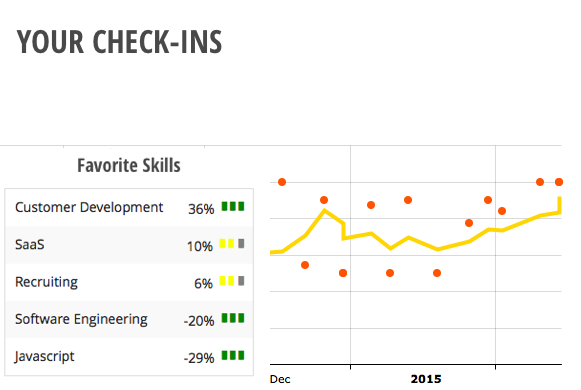Self-reflection for better MBA applications
Some of you know that I've been an MBA admissions consultant and career coach. What I've learned from those experiences has contributed to Disqovery; now it's time for Disqovery to give back. To that end this blog post is also being shared with the GMAT Club community, my home away from home.
What I've seen as an admissions consultant
Having a good applicant story is a key part of being admitted to top business schools. My fellow GMAT Club members and I have said as much before. If you haven't thought through your motivations in the past and (especially) the future, good luck getting in. The story is what solidly ties what you've done, what you want to do, how you want to do it, and most importantly why.

'Stats' are necessary, yes, but not sufficient. Many admissions consultants try to craft a story out of your stats: GPA, GMAT, ethnicity, nationality, age, sex, years of experience, employer names, clubs, sports, volunteering, etc. From my experience, that is the precisely wrong approach. The strongest applicant uses his story first, then layers the relevant experiences and stats to fill in the blanks. The difference may seem subtle, but its effects are powerful.
Why; how; what. Let's look at this another way. Simon Sinek had a powerful and widely-watched TEDx Talk, "How great leaders inspire action," which you must watch. Thought it is focused on leaders and companies, these same lessons apply to pitching yourself to business schools. Admissions consultants often take the opposite approach and latch onto what you have done and what you want to do first.
As an aside, I use the why-how-what technique when talking to people about Disqovery, starting with my why followed by Disqovery's why, and it has made a big difference.
Self-reflection is key for getting started
That's the simple secret. Before you can explain yourself to the admission committee, you must know yourself. You might have some intuition into what you believe motivates you, but take time to regularly think about this, and connect the dots over time. Regular self-reflection will allow you much deeper insights into yourself; deeper insights lead to why.
This should go without saying, but you must start early enough to get useful insights before your applications are due!
Disqovery can help

Job check-ins at Disqovery provide exactly the kind of self-reflection that you need. We ask you three simple questions every few days: How was your day? What was the best part? What did you work on? Our data analysis engine can literally help you connect the dots over time.

When you're thinking about what you want to write about on your essays, and even planning your next moves, we can help identify what aspects of your job you enjoy the most, and which you enjoy the least. Self-awareness is important, and with Disqovery you can learn non-obvious truths about yourself. Empowered by this kind of information, you're in a better position to succeed.
I wish I had Disqovery back in my day
When I was applying to business schools in 2010, it was hard for me to come up with my why. My first applications lacked a solid story, and only with more months of difficult reflection did the pieces start coming together for my later applications. I realized I was driven by a need for developing person-to-person empathy; there are many reasons for this, including my childhood experiences and education.
This was why as a developer I enjoyed usability studies so much, why I moved to program management, why I enjoyed UI design, and why an MBA would help me: with that degree I could move to product marketing, where my entire day would be focused on understanding the needs of customers and helping them succeed. As you know, my plans since changed; they do for many while in business school. However, my why still carries me forward today.
Had I had Disqovery then, what was staring me in the face for years would have rapidly crystallized, and my applications would have been a lot easier to put together.
Time is of the essence
Whether you use Disqovery or not, this is a technique I recommend you use to build a stronger application; just make sure to start now. Steps to follow:
- Sign up for Disqovery with your e-mail address right on our homepage.
- While you wait to join, watch Simon Sinek's TEDx talk.
- If you want to drop me a line, feel free to do so.
- Follow me and Disqovery on twitter.
Shine. Contemplate. Reflect.